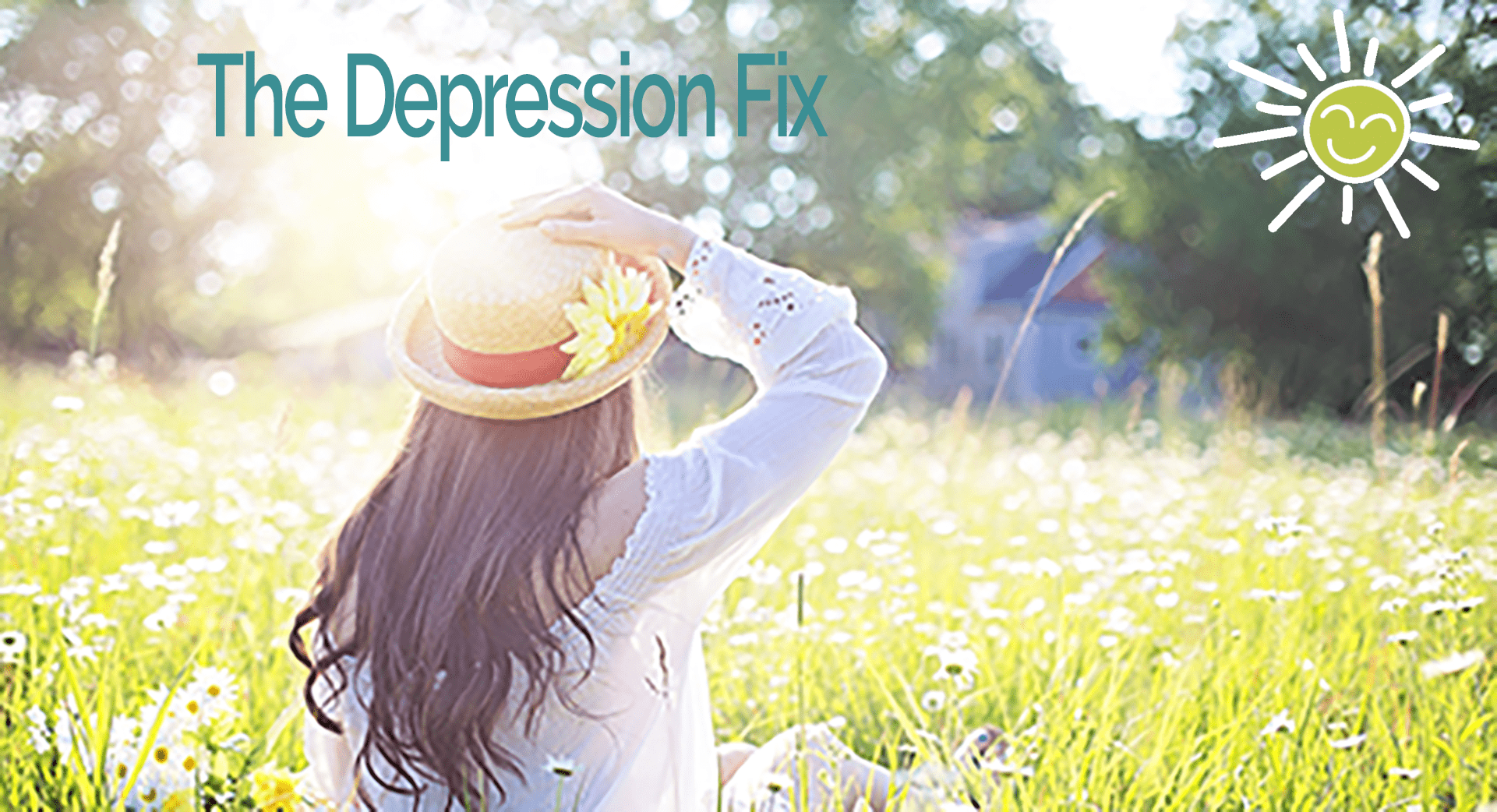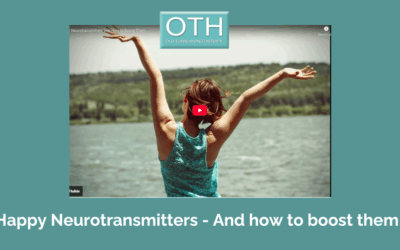
Split personalities – do we all have them and which one should we listen to?
Author – Emma Triplett
Do you ever feel like you’re having an argument with yourself in your own head? Or you’re behaving in a way that just isn’t you and you don’t understand why? Maybe it’s because you do have two different parts of your brain wrestling for control, just like the metaphorical Angel on one shoulder and the devil on the other you see in cartoons.
Before I explain further, I do want to make it clear that I’m not talking about Dissociative identity disorder, formerly referred to as multiple personality disorder, psychosis or schizophrenia this is the two different sides to our personality we all have and are acutely aware of from time to time.
Let me begin by explaining about the relevant parts of the brain. The bit you know of as you, the part you are using right now to read this is what we call the ‘conscious mind’ and when we are feeling happy, calm, motivated (the Angel) it is works with a part we call the ‘intellectual mind’. This is the clever part we use to rationalise, problem solve and learn. Finally, there is a third part we call the ‘primitive mind’. When we negatively forecast the future or negatively introspect we create anxiety and, as anxiety levels rise the primitive brain, which is responsible for keeping us safe, jumps into action and activates the flight fight response.
It is your intellectual mind and your primitive mind that have those internal arguments and seem to be two different personalities at times.
There are certain behavioural or thinking characteristics typical of the primitive brain you will recognise.
- It will always think of the worst possible scenario – catastrophises
- It obsesses about things
- It thinks in terms of all or nothing
- It will make everything about you
- It is paranoid about other people
- It is negative
- It will encourage you to keep following the same patterns of behaviour, actively discouraging you from doing anything new.
The primitive brain is not an intellect, it can’t work out solutions, it will only focus on the problems.
In addition to the way you think, when the primitive brain has assumed control of your life, it will also affect your personality.
For people who like to be in control, are good at making decisions, organised and efficient or competitive and like to be knowledgeable and right when they are working from the intellectual brain can become over controlling, rigid and judgemental when their primitive brain kicks in.
For those who are natural carers, love people and are great and looking after others, put everyone else before themselves, family and children orientated, in other words people persons, people become the problem. They worry about what over people think of them and take other people’s problems on board.
For those people who thrive on change, starting new things, entrepreneurs and artists, turn their penchant for change into chaos, hitting the self destruct button.
How to we know which one to listen to?
Listen to the positive, rational problem solving one.
Unfortunately when the negative primitive mind steps in, it takes precedence over the intellectual mind, it does so for good reason because it’s designed to keep you safe. However, the danger is only imagined, conjured up from your own mind in the form of your negative thinking – but your brain doesn’t know the difference between reality and your imagination.
The intellectual mind is the part you want to be running your life, it is positive, rationale and will always come up with solutions based on a proper assessment of the situation.
How to you get the intellectual one back in control?
You stop focusing on problems and start doing positive things –
- Positive Activity
- Positive Interaction
- Positive Thinking
It doesn’t mean you’re irresponsibly ignoring problems, but you wont solve them by focusing on them, they will just get bigger. By focusing on the positive things in your life you change the physiological status of your body and mind. Positive activity (doing things), especially physical activity will burn off the adrenalin you create by worrying and what if-ing. Adrenalin is the hormone released when the flight fight response is activated and for short bursts it’s great, but long term it becomes damaging and keeps the primitive mind in control. Even more importantly, focusing on the positive things creates serotonin, the neurotransmitter that helps you cope, motivates you, makes you braver, helps you cope with physical fear and pain, boost your immune system and makes connections between neurons in your intellectual mind.
Increase the serotonin in your mind and you will be able to come up with solutions to your problems that are currently out of your intellectual vision.
So if it is something that you know will be good for you if you do it or you will be pleased that you did (seeing friends and family, going for a walk, getting out of the house, cleaning the kitchen, pursuing a hobby for example) it is your intellectual brain talking – it needs some fuel (serotonin), but if you’re making excuses not to do the things you know you really ought to – it’s your primitive brain, don’t listen to it.
If you have an inspiring story or something to share that you think will help others wrestling with anxiety or depression, I would love to hear from you. If you have found in particular strategy helpful, chances are that someone else will also benefit, spread the word, share the love and help the fight back against the epidemic of anxiety and depression spreading across the western world.
Wishing you health, wealth, happiness and success


Arrange a Free Initial Consultation in Cirencester, Exeter, Plymouth, Swindon or by Skype
Shop for online courses, eBooks and Self Hypnosis Tracks to help anxiety and depression
Arachnophobia
Many individuals have a fear of spiders, the extreme end of a fear is a phobia.Why are so many of us scared by these creatures, are we born with this fear and how do we know if our reaction is phobic?
Happy Neurotransmitters and How to Boost Them
At Old Town Hypnotherapy, we often talk about the 3Ps – positive interaction, positive activity and positive thinking – and how they help us produce “happy neurotransmitters.” In this post, we explore what serotonin and dopamine do, the symptoms of low levels, and how to naturally boost them for better mental wellbeing.
Intrusive Thoughts
Intrusive thoughts, what are they? What do they mean and how can we learn to manage them?
Positive Thinking, Positive Doing
Free Gift for February. Download the newest hypnosis track from Old Town Hypnotherapy absolutely free, no email address needed, no strings attached, just free.
How health anxiety affects the body
Health anxiety is a form of anxiety where worrying, obsessing about health problems and fixating on sensations in the body manifests in a variety of physical symptoms which, in turn, creates anxiety that fuels the problem. However, anxiety in general does affect the body, so for those with health anxiety, these things become a particular concern.
Is Health Anxiety OCD?
Author & Video - Emma Triplett Image by Free-Photos from Pixabay Worrying about health and/or death are arguably amongst of the most common symptoms of anxiety but for some health becomes the sole focus of their anxiety and is given the term health anxiety....
Disclaimer | Privacy Policy | Terms and Conditions
Copyright © OLD TOWN HYPNOTHERAPY 2016 All Rights Reserved








